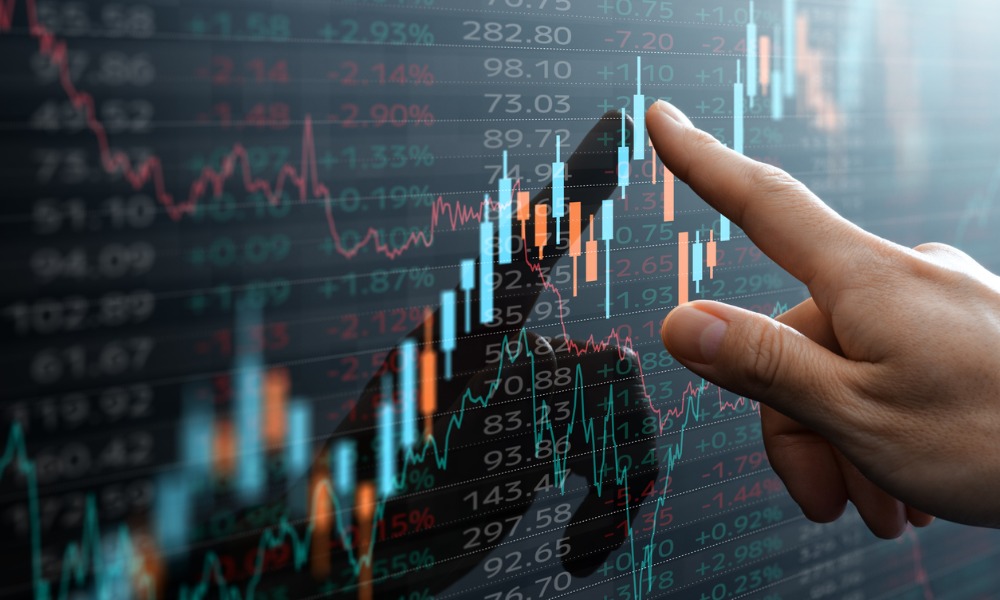Role of machine learning in developing cutting-edge crypto trading algorithms
The machine learning in crypto trading, it’s essential to understand what ML is and how it differs from traditional algorithmic trading approaches. Machine learning is a subset of artificial intelligence that focuses on creating systems that learn and improve from experience without being explicitly programmed. In the context of crypto trading, ML algorithms analyze vast amounts of historical and real-time data to identify patterns, make predictions, and execute trades automatically.
Applications of machine learning in crypto trading algorithms
- Predictive analytics
The most powerful application of ML in crypto trading is predictive analytics. By analysing historical price data, trading volumes, social media sentiment, and other relevant factors, ML algorithms forecast future price movements with increasing accuracy. For example, a Finance Phantom powered by advanced ML algorithms might detect subtle patterns in market data that human traders would likely miss. This could include correlations between seemingly unrelated events and crypto price movements, providing valuable insights for trading strategies.
- Portfolio optimization
Machine learning algorithms can also be used to optimize cryptocurrency portfolios. By considering factors such as risk tolerance, investment goals, and market conditions, ML models recommend the ideal allocation of assets across different cryptocurrencies. These models continuously rebalance portfolios in response to changing market dynamics the investment strategy remains aligned with the trader’s objectives.
- High-frequency trading
Machine learning has revolutionized high-frequency trading (HFT) in the crypto market. ML-powered HFT algorithms analyze market data in real time, identifying and exploiting short-lived trading opportunities within milliseconds. These algorithms execute a large number of trades at incredible speeds, capitalizing on minor price discrepancies across different exchanges.
- Sentiment analysis
The crypto market is heavily influenced by public sentiment and news events. Machine learning algorithms analyze vast amounts of social media posts, news articles, and other textual data to gauge the overall sentiment towards specific cryptocurrencies or the market as a whole. This sentiment analysis provides valuable insights into potential price movements and market trends.
Technology behind ml-powered crypto trading software
- Deep learning and neural networks
Deep learning, a subset of machine learning based on artificial neural networks, has shown remarkable promise in developing sophisticated crypto trading algorithms. These neural networks process and learn from vast amounts of unstructured data, identifying complex patterns that would be impossible for human traders to discern. For instance, a deep learning model might analyze years of historical price data, trading volumes, and market indicators across multiple cryptocurrencies simultaneously. By doing so, it uncovers intricate relationships between different factors and their impact on price movements.
- Natural language processing (NLP)
NLP techniques are crucial for sentiment analysis and processing news events that impact the crypto market. Advanced NLP models the context and nuances of human language, allowing them to accurately interpret the sentiment of social media posts, news articles, and other text-based sources. This capability is particularly valuable in the crypto market, where rumours and announcements have a rapid impact on prices. A Finance Phantom equipped with sophisticated NLP capabilities monitors and analyses these information sources in real time, providing traders with actionable insights.
- Regulatory compliance
As the use of AI and machine learning in financial markets becomes more prevalent, regulators are paying increasing attention to these technologies. Ensuring that ML-powered trading algorithms comply with existing and emerging regulations is crucial for their long-term viability.
- Ethical considerations
The use of advanced AI in financial markets raises ethical questions about fairness and market manipulation. As ML algorithms become more sophisticated, there’s a need to ensure they operate within ethical boundaries and don’t create unfair advantages or destabilize markets.




